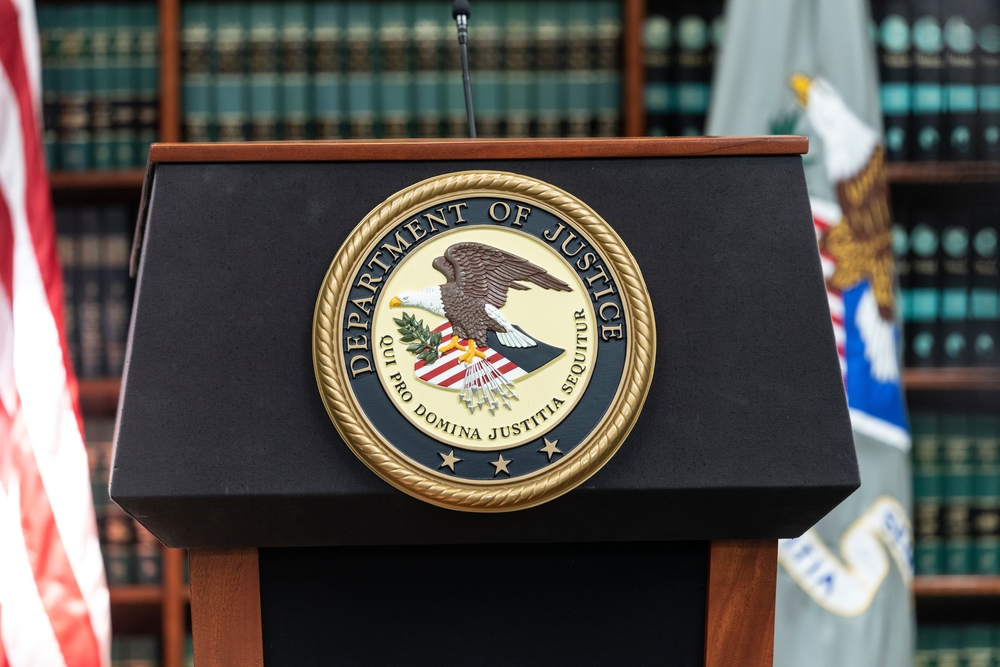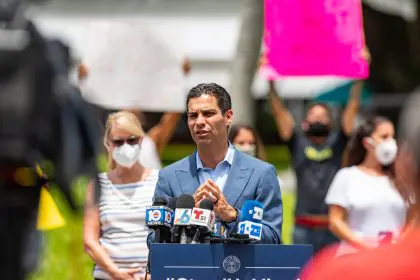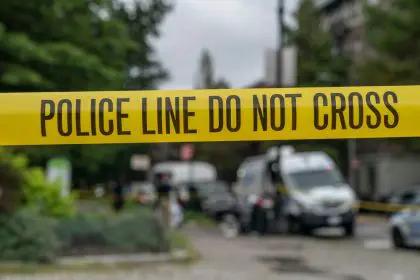More than a century after one of the deadliest racial attacks in U.S. history, survivors and their descendants are finally witnessing a long-overdue investigation into the 1921 Tulsa Race Massacre. The Department of Justice (DOJ) has announced its first-ever federal probe into this tragic event, marking a significant step towards acknowledging the pain and suffering endured by the Black community of Greenwood, Oklahoma.
The legacy of Black Wall Street
Greenwood, often referred to as “Black Wall Street,” was once a thriving hub for Black-owned businesses, churches and community institutions. Before the massacre, it was a symbol of Black prosperity and resilience. However, on May 31 and June 1, 1921, a white mob unleashed violence on this vibrant community, resulting in the destruction of 35 city blocks and the loss of countless lives. Estimates suggest that up to 300 individuals were killed, and thousands were left homeless, with generations of wealth obliterated in a matter of hours.
Acknowledging the trauma
During the announcement, Assistant U.S. Attorney General Kristen Clarke emphasized the ongoing trauma faced by the descendants of the massacre’s victims. She highlighted the need for justice and recognition of the historical injustices faced by the community.
Legal battles and community advocacy
The DOJ’s investigation comes on the heels of a disappointing ruling from the Oklahoma Supreme Court, which dismissed a reparations case filed by survivors without allowing it to go to trial. This decision sparked renewed calls for accountability and justice, leading to the federal review being conducted by the Civil Rights Division’s Cold Case Unit, under the Emmett Till Unsolved Civil Rights Crime Act.
In July, two of the remaining survivors, Lessie Benningfield Randle, 109, and Viola Ford Fletcher, 110, made a heartfelt plea to the Biden administration to invoke the 2007 Act, which allows for the reopening of cold cases involving violent crimes against Black individuals committed before 1970. Their courageous advocacy has played a crucial role in bringing attention to the need for justice.
A momentous day for justice
Damario Solomon-Simmons, the lead attorney representing the Tulsa Race Massacre survivors, expressed his elation at the DOJ’s decision during a press conference. Solomon-Simmons credited the decision to the relentless efforts of the community and their unwavering commitment to seeking reparations and justice.
The DOJ plans to release a public report detailing its findings by the end of the year, providing hope for many that justice may finally be served. As the investigation unfolds, the community remains committed to ensuring that the legacy of Greenwood is remembered and that the victims of the massacre are honored.
















